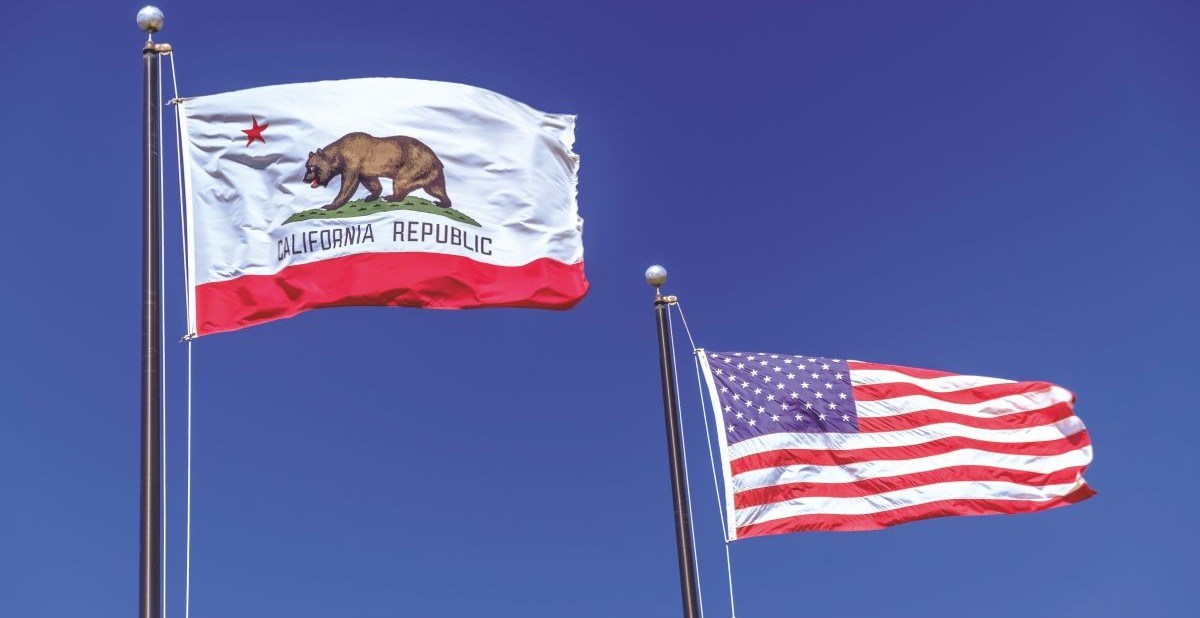California Appeals Court Maintains Independent Contractor Status

California’s Proposition 22 circumvented obstacles this week when an appeals court ruled that independent contractor status was still permissible for companies to apply to workers in the state.
While the bill was not directly related to promo, the appeals court’s ruling comes at a time when the topic of independent contractor status has been and will continue to be discussed among legislators. A federal change in this ruling would have a large impact on the promotional products industry.
California’s Proposition 22
This week’s ruling by the California appeals court maintains companies’ ability to classify workers as independent contractors. The ballot was mostly intended to confront a debate about the status of gig-economy or ride-share workers for apps like Uber and Lyft.
- The ballot passed in November 2020.
- A California judge ruled the proposition unconstitutional in 2021, claiming that it infringed the legislature’s power to set standards in the workplace.
The appeals court ruling this week essentially ended the campaign against Proposition 22. Through this ballot, ride-share app drivers are given healthcare “subsidies” rather than benefits that would be entitled to them as full-time employees. Conversely, the workers are able to maintain the flexibility of non-employee status.
The Promo Perspective
Proposition 22 does not deal directly with the promotional products industry, but the classification of independent contractors has been a continuous topic of discussion among federal lawmakers since 2019 when the PRO Act was introduced in congressional sessions.
- The PRO Act aims to protect workers’ rights, and in the process, it would reclassify many independent contractors as employees.
- It includes an “ABC” test that would result in any individual performing any service to be considered a full-time employee unless very specific criteria are met.
It is PPAI’s belief that this would negatively affect the promo industry and thousands of small business owners within it.
- Multiple versions of the PRO Act have failed in recent years, but the PRO Act of 2023 was recently introduced to Congress.
This week’s ruling involving California’s Proposition 22 has no direct ties to the PRO Act, which is an issue of federal legislation. However, it is an example of a possible precedent in which a judge ruled that independent contractor status can remain permissible.
The PRO Act of 2023 will have to pass through both the House and the Senate before it goes to the president’s desk to be signed into law. It has currently been referred to the House Committee on Education and the Workforce for further consideration.
Make Your Voice Heard
PPAI has been providing ongoing coverage and advocacy since the first version of the PRO Act came up in 2019. The Association helps members advocate for themselves and the industry by providing a prewritten, editable letter to their legislator.
- Click here to contact your legislator.
- The above link has a message about how the PRO Act would devastate the promotional products industry written by PPAI on your behalf, which can be personalized or changed if you prefer.
“It is critical for industry members to educate Congress about the unintended consequences of these harmful legislative policies, including jeopardizing the livelihoods of over 30,000 small businesses in our industry,” says PPAI’s public affairs manager Maurice Norris.

